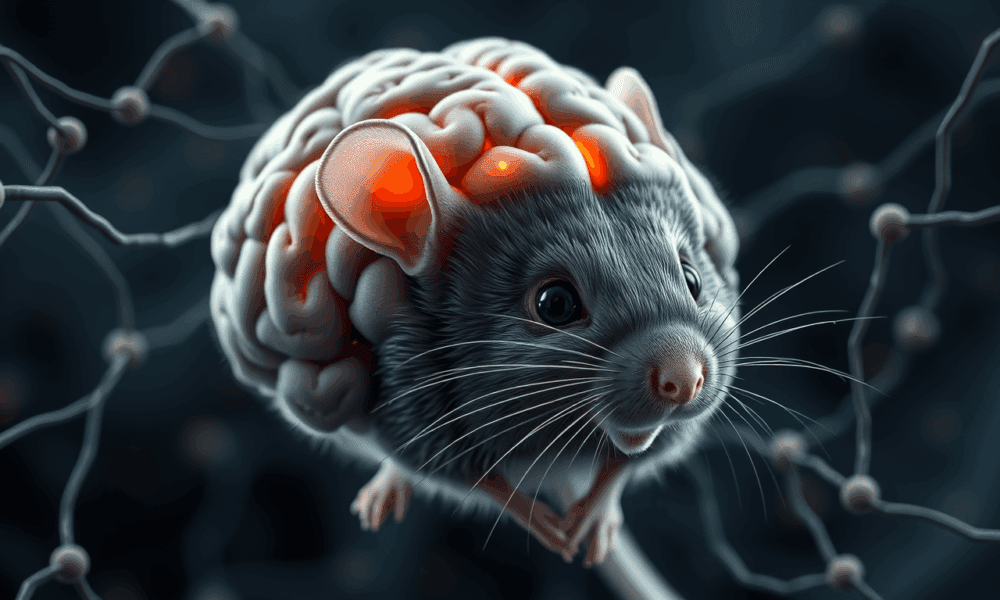
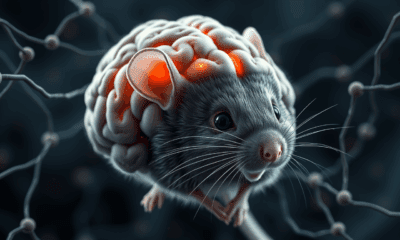

Mice taught to link smells with tastes, and later fear, revealed how the amygdala teams up with cortical regions to let the brain draw powerful indirect...



Anger isn’t just a fleeting emotion—it plays a deeper role in women’s mental and physical health during midlife. A groundbreaking study tracking over 500 women aged...
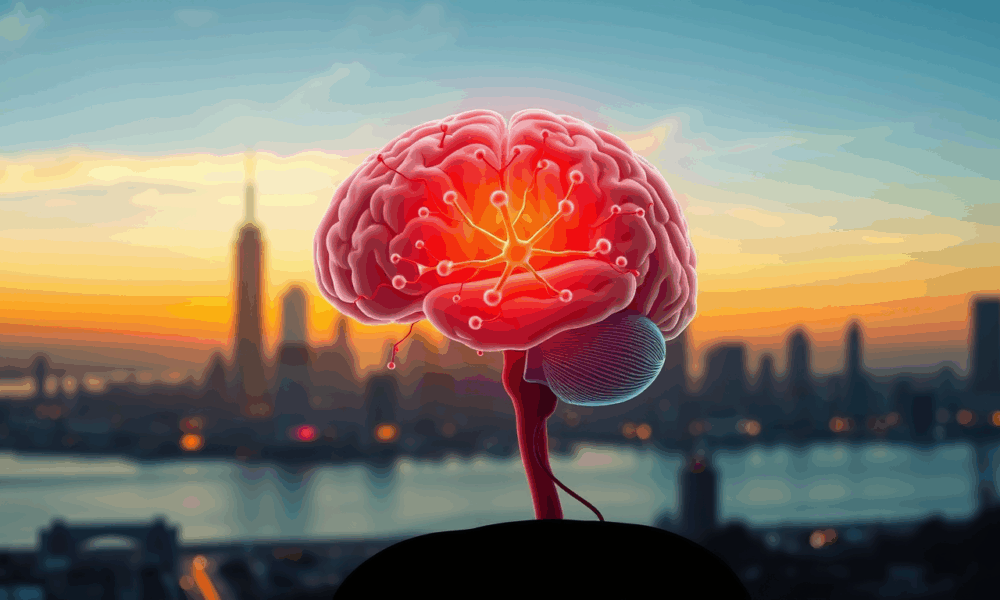
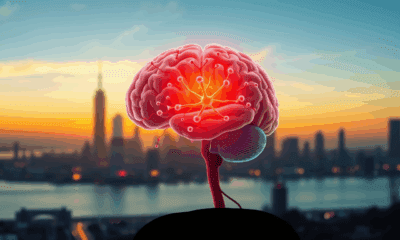

Stanford researchers discovered that dialing down an overactive enzyme, LRRK2, can regrow lost cellular “antennae” in key brain cells, restoring vital dopamine communication and neuroprotective signals...
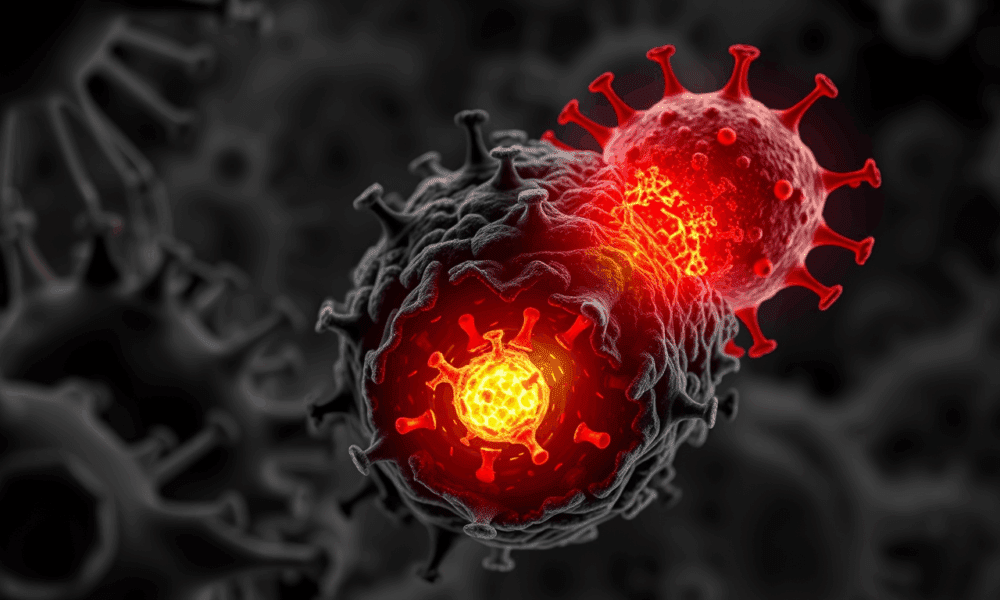
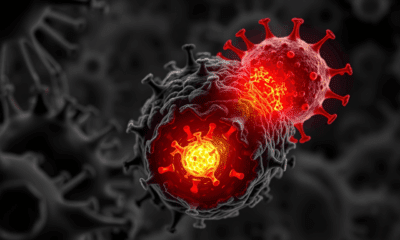

Scientists at UC Davis discovered a small genetic difference that could explain why humans are more prone to certain cancers than our primate cousins. The change...



Locked-down Hungarians who gained or lost pets saw almost no lasting shift in mood or loneliness, and new dog owners actually felt less calm and satisfied...



A sweeping review of more than a century’s research upends the popular notion that left-handers are naturally more creative. Cornell psychologist Daniel Casasanto’s team sifted nearly...



Researchers testing urine from 2- to 4-year-olds in four U.S. states uncovered 96 different chemicals, many of them unmonitored and linked to hormone and brain disruption....
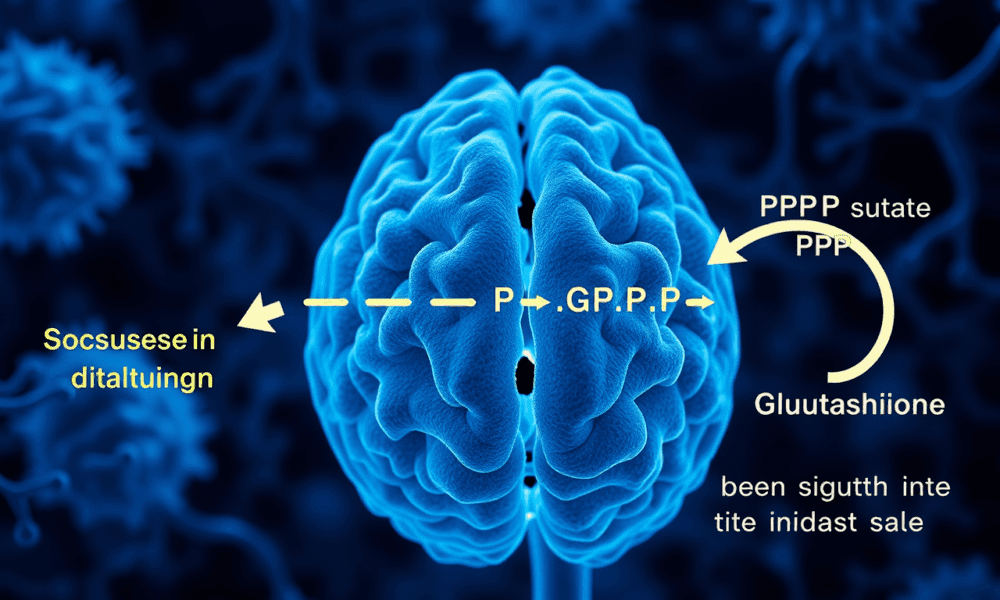
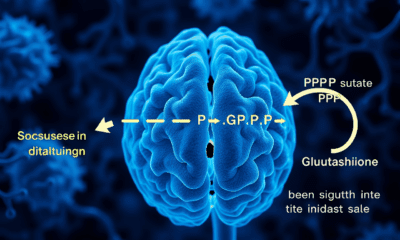

Scientists have uncovered a surprising sugar-related mechanism inside brain cells that could transform how we fight Alzheimer’s and other dementias. It turns out neurons don’t just...
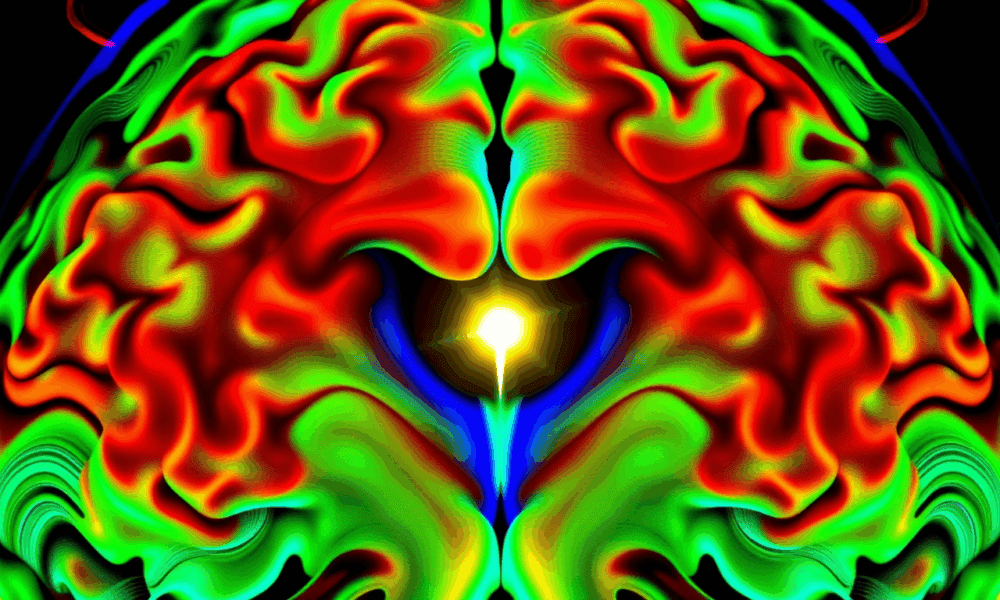
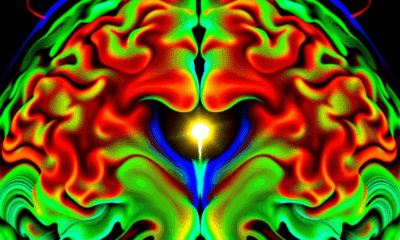

Researchers are using an advanced brain imaging method called MEG to understand why Parkinson’s drug levodopa doesn’t work equally well for everyone. By mapping patients’ brain...
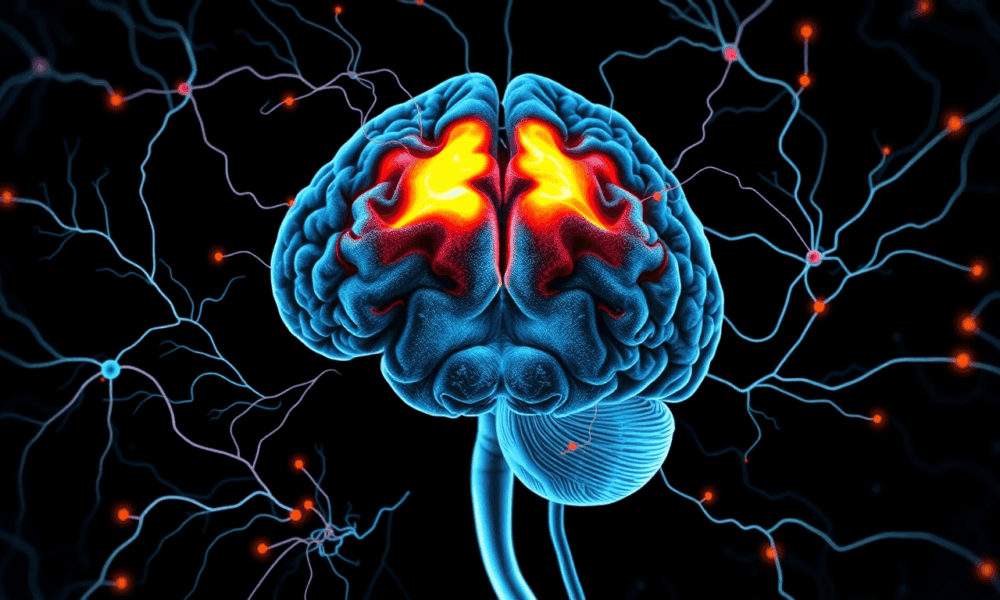
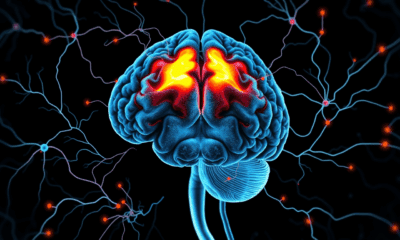

Deleting a gene called PTEN in certain brain cells disrupts the brain’s fear circuitry and triggers anxiety-like behavior in mice — key traits seen in autism....